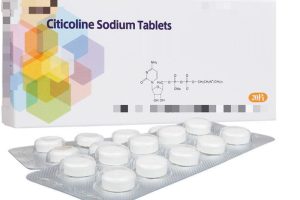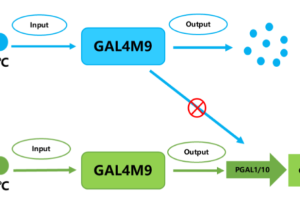Glutathione is one of the most widely used whitening ingredients. Whether it is skin care products, or whitening needles, whitening pills, health food, you can see its figure.
It is said that “glutathione” can eliminate free radicals, antioxidants, anti-aging, whitening, freckle removal, and almost everything, these claims in the end is credible? Is it really that amazing? Let’s learn about glutathione.
01, What is “glutathione”?
Glutathione (GSH) is a tripeptide, a small molecule of glutamic acid, cysteine and glycine that is present in almost every cell of the body. Glutathione supplier
It has two forms: reductive (GSH) and oxidized (GSSG). Naturally produced in the human body, GSH is found in the cells of plants and animals and is the highest concentration of antioxidant in the cell. Reduced glutathione is abundant and plays a major role in living organisms.
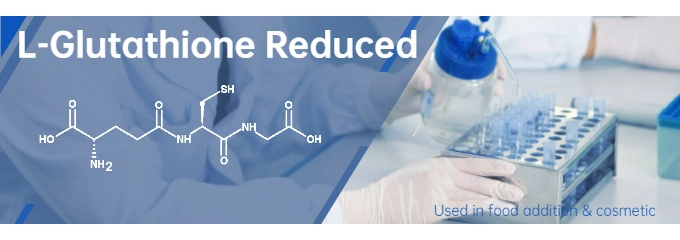
For the human body, GSH is essential for the maintenance of cellular integrity and healthy functioning, and is found in almost every cell in the body.
02, What role does glutathione have?
Glutathione has a wide range of practical applications, but in the medical and beauty industry GSH is still the core ingredient affecting skin whitening.
A meta-analysis published in 2019, which included five clinical studies, found that GSH improved melanin markers in unshaded skin, but not in skin that was not exposed to the sun.
So glutathione still has some effect on whitening related to tanning.

Glutathione has a certain whitening effect on melanin caused by ultraviolet light, but it has no effect on people with dark skin, and even if it has an effect, it is a local effect. If you stop using GSH or products containing GSH, the effect will disappear.

Glutathione can reduce tyrosinase activity, completely inhibit the production of melanin, decompose existing melanin, prevent the skin from producing color spots, and gradually remove the original color spots. By blocking the formation of melanin to achieve the effect of melasma.
In addition to having a certain effect on whitening spots, GSH can also improve skin oxidation and even aging.
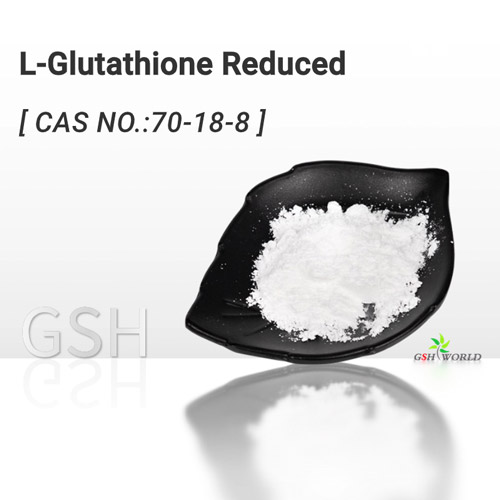
Free radicals are one of the important causes of skin aging, which can harm our skin health. When the skin is exposed to ultraviolet radiation, it will produce a large number of free radicals, and when the production of free radicals is unbalanced with the body’s ability to resist free radicals, oxidative stress will occur.
GSH can destroy these free radicals, prevent oxidative stress, and prevent skin oxidation, so it has an antioxidant and anti-aging effect.
Similarly, the lack of GSH may lead to free radical flooding, which will accelerate aging and look much older than others.
Wherever free radicals are produced, there is an endless supply of GSH, which is an indispensable element for the function of antioxidant, free radical scavenging, detoxification and other functions in the cell.
03, how to scientifically improve glutathione?
In order to supplement GSH, a good diet and lifestyle should be involved in the principle of assisting the body and optimizing cell production. At the same time, exogenous GSH supplementation is the fundamental improvement.
Naturally glutathione rich foods
Some foods themselves contain GSH, such as asparagus, avocados, okra, broccoli, etc., but the role of eating them is like a supplement, the body will break down, and the bioavailability is small. Also, the cooking process reduces GSH by 30 to 60 percent.
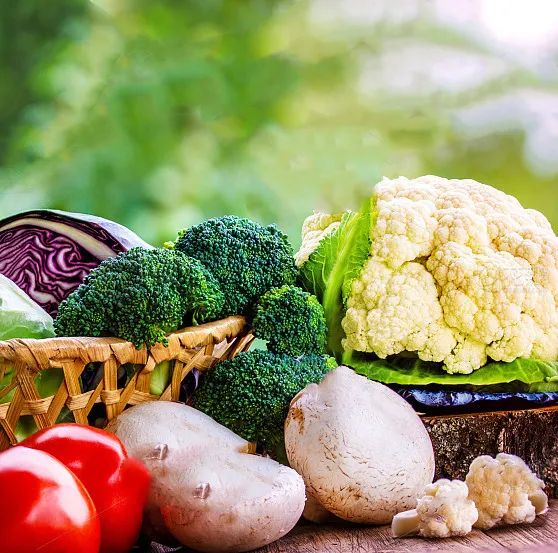
Secondly, sulfur and selenium are important raw materials for the synthesis of GSH, which can promote the body to synthesize more GSH.
Foods that indirectly supplement glutathione
Such as seafood, eggs, liver and other animal offal, Brazil nuts, fish, beef, chicken, sunflower seeds, beef and various red meats, yeast, kale, broccoli, tomatoes and so on.
reference
[1]Dilokthornsakul,W.,Dhippayom,T.,&Dilokthornsakul, P. (2019). The clinical effect of glutathione on skin color and other related skin conditions: A systematic review. Journal of cosmetic dermatology, 18(3), 728–737.



